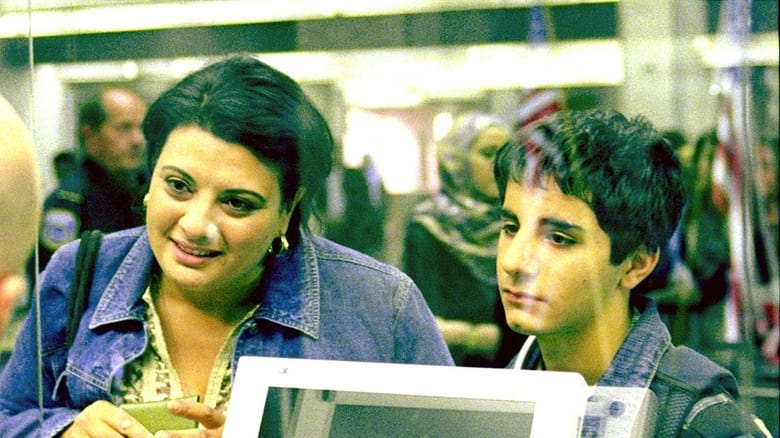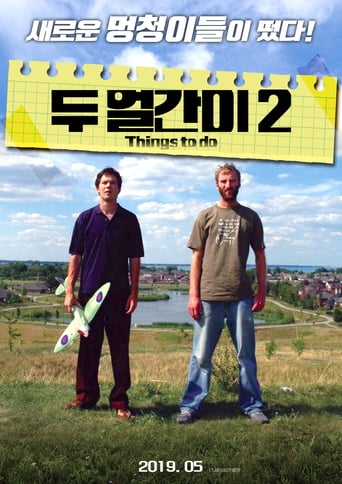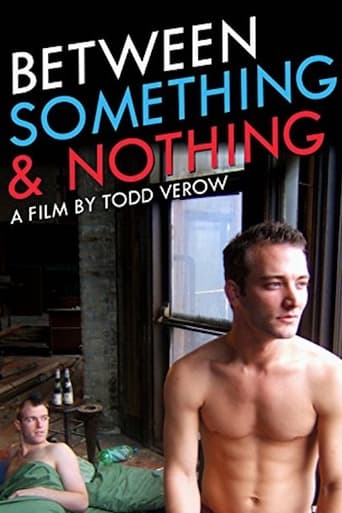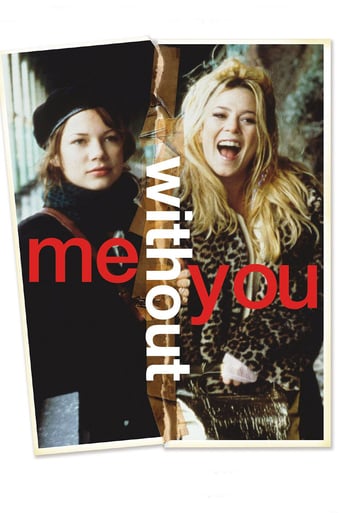

Amreeka (2009)
Eager to provide a better future for her son, Fadi, divorcée Muna Farah leaves her Palestinian homeland and takes up residence in rural Illinois -- just in time to encounter the domestic repercussions of America's disastrous war in Iraq. Now, the duo must reinvent their lives with some help from Muna's sister, Raghda, and brother-in-law, Nabeel.
Watch Trailer
Cast


Similar titles
Reviews
I discovered Amreeka thanks to looking at past Independent Spirit Award winners and nominees. This American-Canadian-Kuwaiti joint venture was nominated for Best Film. It's a terrifically personal look at a single woman's journey from Palestine to small town rural America. She wants a better life for her teenage son and takes the opportunity to immigrate to the United States. Her son is very excited, knowing full well what great opportunities they can have in the U.S. Unfortunately this is happening just after the United States launched Operation Iraqi Freedom to liberate Iraq from the dictatorship of Saddam Hussein. The film does not delve into the political and stays personal for the most part, dealing with the idiocy of prejudiced morons at the time, intolerant of Arabs as well as the struggles this woman and her son have. Fortunately the film also shows Americans without ignorance who accept Arab immigrants as neighbors and fellow human beings who deserve just as much respect as the next person. I was impressed from the get-go and would recommend this to all.7.9 / 10 stars--Zoooma, a Kat Pirate Screener
In the heartfelt indy film, AMREEKA, one of the truly standout acting finds, is the beautifully performed role of Muna, played by Nisreen Faour - a divorced Palestinian woman, with a teenage son, Fadi (played by Melkar Muallem), who decides to leave their home country, and travel to America (actually, it was filmed in Canada).Muna has several degrees, but, due them not being accepted, she must work at a White Castle.Her son's quiet, and, as is often the case - but worse - is picked on, as the 'new kid,' but, being Arab, at this time, the whole conflict between westerners and the Arab countries comes into play - with Fadi being use as the totem, for the 'terrorist' as well as the 'cause' another classmate's brother (a soldier) went into the military. All through this hard, and difficult time of transition, Muna has an optimism, and chutzpa, and, a warmth, that had me wishing she was my mom.I wasn't planning to watch AMREEKA, but, after seeing the first few minutes, I became so engrossed in this determined woman to MAKE things work out for her, and her son, I watched it through. And, am happy I did.You will be too.
this movie is wonderful - if you're a big fan of endless nauseating, predictable, clichéd stereotypes. i don't understand why every independent film to come out of this genre (if you can call it that) has to utilize the same pathetic freshman year film school style. i'm really bored of making excuses for such films. i'm sick of having to sit through horrible scripts, sub par plots and hand-held crappy cinematography. what makes it even more painful to sit through is the horrible acting.if after this review you still feel the urge to watch amreeka, you can get the gist of it from the trailer. beyond that, you will feel a waste of time and effort.it is infantile, at its best.
Amreeka (the Arabic word for America) is a humorous and warm-hearted first feature from Cherien Dabis that follows a Palestinian woman, Muna (Nisreen Faour) and her sixteen-year-old son, Fadi (Melkar Muallem) from the checkpoints of the West Bank to the checkmates of racial animosity in a small town in Illinois near Chicago. Set in 2003 at the start of the Iraq War, Muna leaves Bethlehem because she desires a better life for her son and can no longer put up with overbearing Israeli police, the harangues of her elderly mother, and reminders of her philandering ex-husband. The opening sequence in which Muna is ecstatic about receiving her Green Card in the mail and says tearful goodbyes to her family on her way to America joyously captures the closeness of family and their caring for each other in a lighthearted manner.Unfortunately in the rest of the film things do not go as well for the young family. They have to deal with numerous incidents of overt and covert racism including bullying at school as they try to adjust to a new home and a new country. Things start off badly when Muna and Fadi are harassed for three hours at the airport by Israeli customs and a tin box filled with cookies and all of their savings are handed over by Fadi to customs officials. Fadi does not say anything to his mother about this (a most unlikely circumstance) and the loss is only discovered after the two arrive at the home of relatives in Illinois. From there, things go steadily south. Muna tries to get a job in her profession in a bank but is rejected by employers who look at all Arabs as potential terrorists.Ending up working at a burger joint, Muna conceals her employment from her relatives, pretending to work at a bank close to the restaurant, but her shame is apparent. Meanwhile Fadi is tormented by school bullies who call him Osama and her relatives begin to bicker over their increased expenses at the time when the family breadwinner, a physician (Yussef Abu Warda), is losing clients because of his Arab appearance. While people need to be reminded of the hurt of racism and the Arabs contribution to the world, Amreeka offers one contrived subplot after another in which Americans are caricatures of either hate-filled racists or Christ-like saviors like Mr. Novatski (Joseph Ziegler), Fadi's principal (who happens to be Jewish).What could have been an excellent opportunity to explore the problems of assimilation or the treatment of minorities instead becomes a litany of clichés. There is no mention of 9-11, issues involved in the Israeli-Palestinian conflict, or the problem of bullying in schools, and the possibility of involving teachers, school officials, or even the neighborhood church in helping the immigrant family to cope are not examined. While Amreeka has moments of charm and likability and the performances are excellent, the exercise quickly becomes a big screen version of "As the World Turns", doomed by an overly simplistic approach in which victimization substitutes for cooperation in finding solutions.









